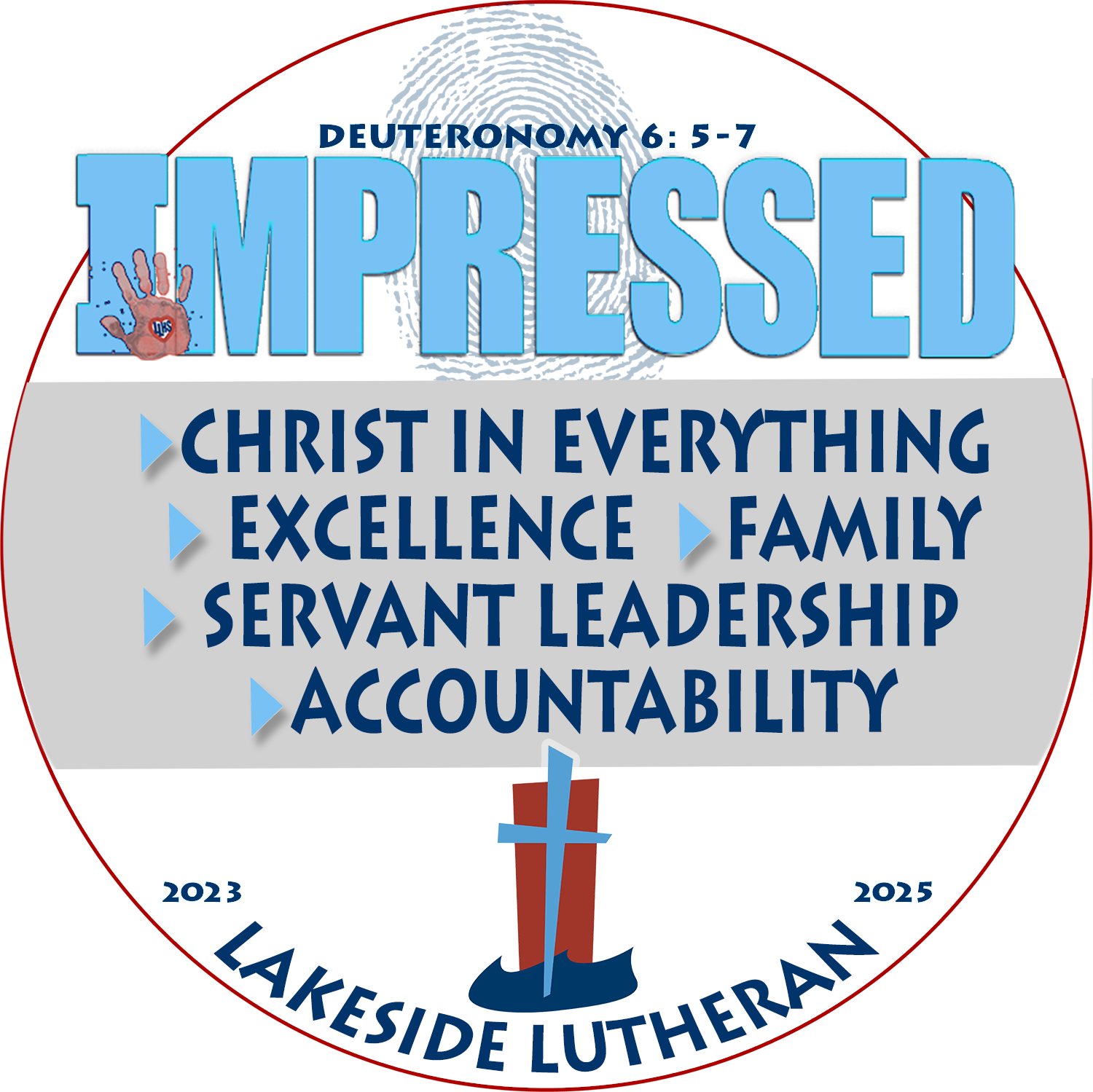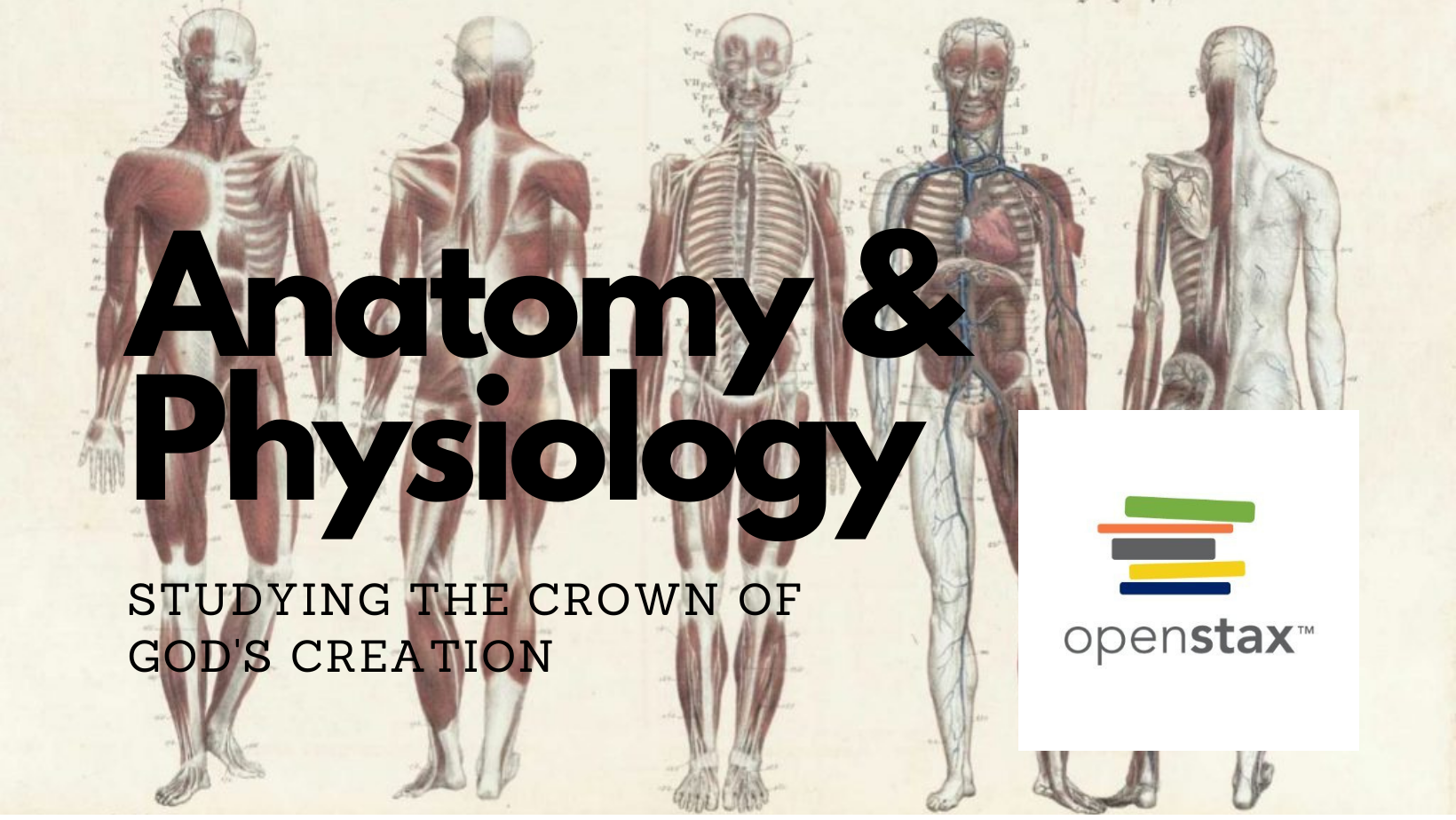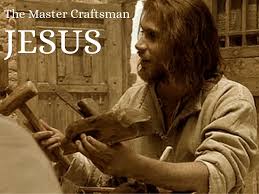
Welcome to the LLHS Moodle Content Management System.
Log in at the top-right corner to navigate to your enrolled courses.
Available courses
Students learn to carefully and closely read literature from a variety of sources: folktales, non-fiction, short story, poetry, drama, and the novel, including western traditional classics. Course focuses on the relationship between writers’ lives, contexts, and writing. Use of literary terms and devices is refined. Outside reading is assigned. Writing emphasizes creating sound paragraphs and combining them into longer compositions. A research paper is expected. Grammatical concepts are reviewed throughout the semester, as students frequently respond to the literature in their writing. Introductory elements of public speaking is also covered later in the year-long course.
- Teacher: Justin Vanderhoof
This is a class for college-bound seniors. An emphasis is placed on academic writing, modeled after the types of assignments students may expect in college. The course also includes vocabulary work, some creative writing, the completion of a major research paper, and a multimedia presentation.
- Teacher: Justin Vanderhoof
- Teacher: Dan Kuehl
This course provides a survey approach to selected short stories, poems, novels, and plays by American authors from America’s origin to the 21st Century. Outside reading of novels is also required.
- Teacher: Dan Kuehl
This is a class for college-bound seniors. An emphasis is placed on academic writing, modeled after the types of assignments students may expect in college. The course also includes vocabulary work, some creative writing, the completion of a major research paper, and a multimedia presentation.
- Teacher: Dan Kuehl
- Teacher: Justin Vanderhoof
Emphasis at this level is on the entire composition, stressing the unity of longer essay writing for various purposes. While there is some opportunity for creative writing at previous levels, more emphasis and opportunity for creativity is provided in this course. Grammar principles and skills are further developed from previous levels. A longer, documented research paper is required.
- Teacher: Jim Buege
Students learn to carefully and closely read literature from a variety of sources: folktales, non-fiction, short story, poetry, drama, and the novel, including western traditional classics. Course focuses on the relationship between writers’ lives, contexts, and writing. Use of literary terms and devices is refined. Outside reading is assigned. Writing emphasizes creating sound paragraphs and combining them into longer compositions. A research paper is expected. Grammatical concepts are reviewed throughout the semester, as students frequently respond to the literature in their writing. Introductory elements of public speaking is also covered later in the year-long course.
- Teacher: Glen Pufahl
- Teacher: Justin Vanderhoof
Speech fundamentals explores and practices the practical aspects of communication and its impact on everyday living. Particular emphasis is placed on organizing and delivering the speech. Students write and deliver seven to eight different speeches while also working to improve listening and interpersonal skills.
- Teacher: Dan Kuehl
This course introduces students to authors and works from around the world, emphasizing works that are not American or British. Taken geographically, the readings may include short stories, essays, drama, poetry, and a novel. Attention is also given to the culture of the areas studied. Outside reading and a minor paper/presentation is often required.
- Teacher: Dan Kuehl
This course reviews concepts and skills from Algebra I and then delves into new topics from algebra and trigonometry including linear functions, systems of equations, quadratic functions, factoring, polynomials and polynomial functions, rational exponents, radical functions, exponential and logarithmic functions, rational functions, probability, data analysis and statistics, trigonometric ratios, trigonometric functions and graphs, trigonometric identities, sequences and series, and matrices.
- Teacher: Tim Matthies
Welcome to Pre-Algebra!
- Teacher: Ruth Hirschfeld

- Teacher: Andrew Asmus
This one semester course includes topics related to general mental, emotional and physical health. Course content relates to high school students, yet it also promotes effective and long-term health habits for adulthood.
- Teacher: Jennifer Krauklis
- Teacher: Lori Tetzlaff
This course is a more competitive fitness and exercise class based on improving the five components of health-related fitness. Students are involved in a fitness program that includes cardiovascular, flexibility and muscular improvement along with body composition testing. The daily schedule includes aerobic activities involving team sports, games, or workout videos as well as strength and flexibility training for muscular improvement. Students are allowed the use of a variety of fitness equipment (ellipticals, treadmills, and bikes), as well as free and machine weights. (Workout videos of yoga, Tae Bo, Pilates, aerobic dance steps and walking are also available for use.) The class is for female and male students interested in exercise, fitness and personal improvement with an emphasis in more of a sports or competitive co-ed setting. Class meets 5 days a week and may be taken multiple semesters. Students may not take both types of fitness classes during the same semester.
- Teacher: Gayle Bauer
- Teacher: Jennifer Krauklis
The physical education 9 curriculum directs the student into lifetime fitness through aerobic sports activities as well as muscular strength and endurance improvement. Basic skills and knowledge of various sport games are taught. Students are introduced to the correct techniques of strength training as part of overall physical fitness. The curriculum includes lifetime fitness activities of aerobics, weight training, and circuit training. Sports activities include units on lacrosse, speedball, volleyball (boys), team handball, field hockey, eclipse ball, Ultimate Frisbee, pickle ball, badminton, a variety of indoor games, rugby, disc golf, whiffle ball and coed line dancing.
- Teacher: Gayle Bauer
- Teacher: Jennifer Krauklis
This is a survey-level class developed as a means to see God's grace in the Old Testament through the history and the prophets through whom God worked to carry his plan of salvation. The course details the creation of all things, the undeserved kindness of the Lord in the Old Testament time of grace and demonstrates how God's gracious action points to the coming Messiah.
- Teacher: Dennis Leckwee
This course is the second semester of a survey-level course designed to show God's loving hand in the keeping of his children and his promises in the foretelling of the Savior. Special emphasis will be placed on his promises fulfilled through the conquest of the Promised Land, the guidance under the judges and the kingdom of Judah, the divided kingdom, and ultimately his mercy on the remnant of Israel during the Babylonian captivity.
- Teacher: Dennis Leckwee
This is a survey-level class developed as a means to see God's grace in the Old Testament through the history and the prophets through whom God worked to carry his plan of salvation. The course details the creation of all things, the undeserved kindness of the Lord in the Old Testament time of grace and demonstrates how God's gracious action points to the coming Messiah.
- Teacher: Glen Pufahl
This course is the second semester of a survey-level course designed to show God's loving hand in the keeping of his children and his promises in the foretelling of the Savior. Special emphasis will be placed on his promises fulfilled through the conquest of the Promised Land, the guidance under the judges and the kingdom of Judah, the divided kingdom, and ultimately his mercy on the remnant of Israel during the Babylonian captivity.
- Teacher: Eric Dorn
- Teacher: Clark Schultz
- Teacher: Eric Dorn
- Teacher: Clark Schultz
- Teacher: Eric Dorn
- Teacher: Clark Schultz
This Moodle Class includes links to the OpenStax textbook we will be trying out this semester. Also, an important link to OpenStax Tutor is located here. That is where a good chunk of your assignments will be located.

An introduction to physics and chemistry using various laboratory experiences, this course investigates the behavior of the physical Creation. Topics such as motion, energy, atomic structure, solutions, and magnetism explore the nature and behavior of matter and energy.
- Teacher: John Dorn

- Teacher: Damon Tracy
- Teacher: Paul Bauer
- Teacher: Lance Johnson
AP Psychology is a college-level course designed to introduce students to the systematic and scientific study of the behavior and mental processes of human beings. Students are exposed to the psychological facts, principles, and phenomena associated with each of the major subfields within psychology. They also learn about the ethics and methods psychologists use in their science and practice.
- Teacher: Cameron Ausen
The United States rose to global prominence in the decades leading to the first World War and later underwent a series of dramatic domestic changes as well as changes in its worldwide role. U.S. History - Modern Era is a course designed to highlight the transition of the United States as it transitioned after the first World War into the present. Special attention will be focused on the social, political, and economic developments over the period.
- Teacher: Cameron Ausen
United States History: Foundations explores the formulation of the United States from the period of North American colonization through 1850. This survey level class examines the political, social, and cultural developments during the period and explores legacies still seen in the United States today.
- Teacher: Cameron Ausen
Financial Literacy is designed to equip and empower students with the necessary information to prepare them for a life of responsible Christian Stewardship in the 21st century.
- Teacher: Matthias Borgwardt
- Teacher: Shelly Coron
- Teacher: Matt Doering
- Teacher: Sheldon Habben
- Teacher: Ruth Hirschfeld
U.S. Government surveys the institutions of American democracy as they have developed from 1776 to the present with special emphasis on an examination of the Constitution as the basis of our form of democracy.
- Teacher: Matthias Borgwardt
- Teacher: Shelly Coron
- Teacher: Matt Doering
- Teacher: Sheldon Habben
- Teacher: Ruth Hirschfeld
- Teacher: Rachel Ihlenfeldt
Course purpose:
U.S. History 2 is a survey/overview of the political, social, cultural, economic, and religious developments from about 1850 through World War I.
Course goal:
This course will impart background on our nation’s history, examine its application to today, and help them to understand and appreciate their role as a Christian in the U.S. today.
- Teacher: Matthias Borgwardt
- Teacher: Shelly Coron
- Teacher: Matt Doering
- Teacher: Sheldon Habben
- Teacher: Ruth Hirschfeld
The German 4 is a conversatonal and literature course with a strong emphasis on grammar review. It is intended for the serious German student seriously considering continuing his/her German study after high school. As much as reasonably possible, the course will be taught in Gerrman.
- Teacher: Sara James
- Teacher: Gerald Walta
This course serves as an introduction to the German language and the culture of German speaking countries. Students will develop novice communication skills in the areas of speaking, listening, reading, and writing. This will be accomplished through a variety of speaking activities, children's books, music, short stories, video clips, grammar drills, and short writing assignments. We will also confess our Christian faith by praying the Lord's prayer and singing Lutheran hymns. Instruction will be given primarily in German with English explanations of grammar and activities.
- Teacher: Sara James
This course builds upon the basics of the German language and culture learned in German I. Activities include vocabulary and grammar study, conversation, singing songs, reading stories, presenting skits, and writing projects. Emphasis is on the use of German in the classroom. More instruction is done in German and students make greater effort to use German in the classroom. We will also confess our Christian faith by praying Martin Luther's Morning Prayer, singing Lutheran hymns, and learning Psalm 23.
- Teacher: Sara James
This is an introductory course to the Spanish language and its culture. Students develop a novice proficiency in the language through a variety of communicative activities that focus on the four language skills: reading, writing, listening and speaking. Students also develop awareness of Hispanic culture and what this means to them as young Christians.
Students increase their proficiency to an intermediate level using the four language skills: reading, writing, speaking and listening. Students converse more easily and readily with their advanced understanding of the grammar and vocabulary. In this course, students are responsible for a variety of projects and presentations all completed in Spanish. This course is taught in Spanish and students are required to use only Spanish in the classroom.
Students continue to develop intermediate proficiency in the Spanish language. Spanish IV focuses on Spanish literature, using stories, poems, songs and other types of literature to extend knowledge. This course assumes students have been adequately prepared for the coursework. Students are required to make presentations, write essays and read longer stories in Spanish. This course is taught in Spanish and students are required to use only Spanish in the classroom.
Lakeside offers and instrumental music program designed to give students experience in music through performance offerings including concert and marching band as well as the opportunity to do solo and small ensemble work. Required performances include sacred and secular concerts and marching at football games and parades. Participation in Wisconsin School Music Association solo and ensemble festival is encouraged. Students may also take part in jazz ensemble, football, volleyball, and basketball pep bands, and the summer marching band.
- Teacher: Glen Pufahl
- Teacher: Jeff Meske
- Teacher: Jeff Meske
This is a one semester introduction to Construction Technology and Home Improvement. It will provide students the opportunity to evaluate their interest and talents in some of the processes behind construction, including its design, building and estimating costs. The course presents a general overview of residential construction and home improvement. Some example units include framing walls, floors and trusses along with plumbing, drywall and more.
- Teacher: Jeff Meske
Small Engines is an introduction into engines, their operation, maintenance, and function. A sample of topics include: electronic components, small engine troubleshooting, fuels, and One particular area of interest is the mechanical unit dealing with 2 and 4 cycle engines. Students will disassemble, repair/troubleshoot and reassemble a 2 or 4 cycle engine.
- Teacher: Jeff Meske
Students will learn the fundamentals of hand and machine tool safety in regards to creating projects with wood. The skills learned in the woodshop can be used throughout life in serving your Lord, others and finding your God-given talents. Apply design and CAD skills to later work in the home, as a hobby or a career in the construction, carpentry, engineering or woodworking industries. The overall project during the semester will be to design and build one of the following: game board table, sofa mate table, or keepsake box.

- Teacher: Jeff Meske
Woods 2 & 3 builds off the skills learned in Woods 1 in dealing with Wood Technology. Students will continue to operate equipment safely in the design and completion of projects. Semester 1 will involve the completion of a small cabinet or an octagon clock. During Semester 2, students design and build a project of their choice given space and skills. Some examples include cabinets, entertainment centers, tables, etc., and are only limited to the creativity of your blueprint reading skills. The skills you learn in the woodshop are ones you can use throughout your life in serving your Lord, others and finding your God given talents. You can use them to do work on the home you live in, as a hobby or even a career in the construction, carpentry, engineering or woodworking industry.
- Teacher: Jeff Meske
Professional development workshop materials by Dr. Jim Grunwald delivered to the faculty in May 2014
- Teacher: Matt Doering
- Teacher: Justin Vanderhoof
Not really official gathering place of the tech club.
- Teacher: Damon Tracy
Skip course categories
